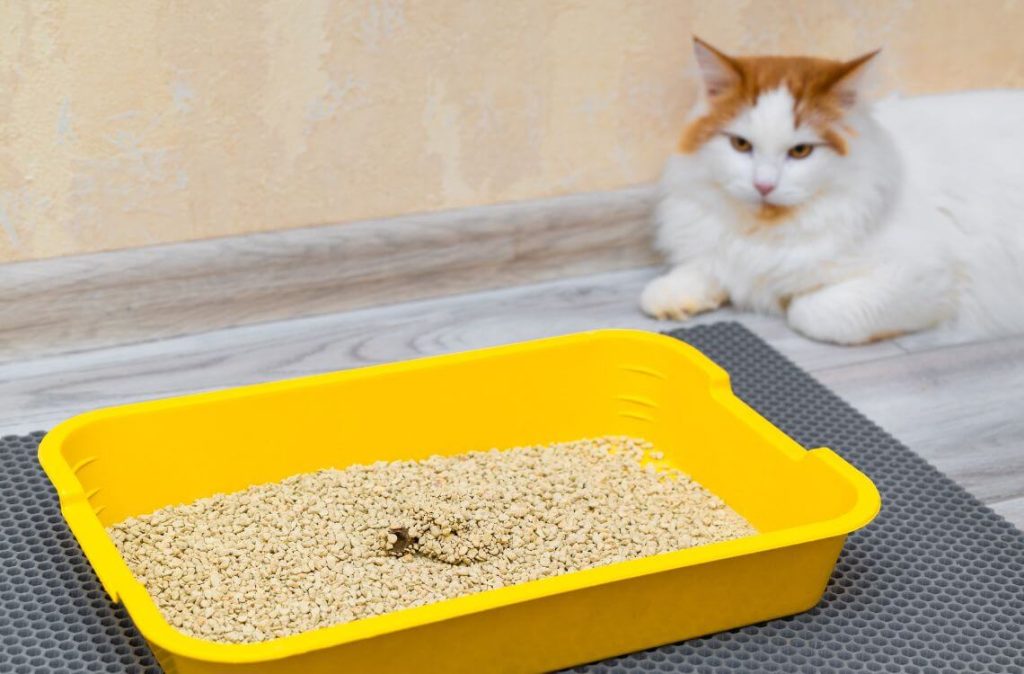A miscarriage, under any circumstances, is an inexpressible and deeply painful journey for anyone to go through.
TikToker Dyna Yusof shared her story six months after experiencing the loss of her baby, nine months into pregnancy.
During her last checkup at the clinic, she found out that the baby she had carried for nine months had died.
Prior to this, Dyna explained that she had experienced a healthy pregnancy with regular prenatal checkups.
The doctor had told her that her baby’s heart had stopped and that there was no sign of life on that devastating day.
She explained that when she heard that news, she was at a loss for words and walked to her car to cry.
Due to her baby no longer being active, Dyna went through a natural birthing process without being induced.
She explained that the birth itself was easy.
Cat Faeces: The Cause of Miscarriage
Three months later, she found in the autopsy that the foetus had been infected with the Toxoplasma gondii virus, commonly found in cat faeces.
According to Cleveland Clinic, toxoplasmosis is an illness caused by an infection with the parasite Toxoplasma gondii (T. gondii).
This parasite reproduces in the intestinal tracts of cats.
Humans become infected by direct or indirect contact with cat faeces or by eating undercooked meat.
Most people who are infected won’t have symptoms but as your immune system attacks the parasite, it creates cysts in your body.
The parasite can live dormant in these cysts and make you sick when it reactivates at a later time.
Toxoplasmosis in Pregnancy
If you get toxoplasmosis during pregnancy or shortly before getting pregnant, you might pass the parasite through the placenta to the foetus.
This would then increase the risk of miscarriage, stillbirth or serious health problems for your child in the future.
The complications of being born with toxoplasmosis, according to Cleveland Clinic, include:
- vision problems
- blindness
- developmental delays
- learning differences
How Someone May Get Toxoplasmosis
Usually, someone may get toxoplasmosis from ingesting something contaminated with the parasite.
As the parasite reproduces in a cat’s intestines and ends up in their poop, the poop can contaminate soil, water, plant material and the food we eat.
You can accidentally ingest T. gondii after coming in contact with something that’s contaminated, like:
- cleaning a cat’s litter box
- gardening in soil where cats live
- drinking water that hasn’t been boiled or treated
- eating unwashed fruits or vegetables
- eating undercooked or improperly refrigerated meat
Congenital Toxoplasmosis Symptoms
Congenital or present-at-birth toxoplasmosis is passed from a pregnant person to the foetus.
According to Mayo Clinic, some babies with toxoplasmosis, a serious disease, may be present at birth or appear early in pregnancy.
Those medical problems may include:
- too much fluid in or around the brain (hydrocephalus)
- severe eye infection
- irregularities in brain tissues
- an enlarged liver or spleen
Symptoms of severe disease vary and may include:
- problems with mental or motor skills
- blindness or other vision problems
- hearing problems
- seizures
- heart disorders
- jaundice
- rash
Preventing Toxoplasmosis
Practise safe food preparations and hand washing to help prevent the infection.
If you’re pregnant and have cats at home, ask for someone else to change the litter box daily.
If you must change the litter box yourself, be sure to wear disposable gloves.
Don’t give your cats raw or undercooked meat.
If you think you’ve been exposed to the parasite, do see your doctor immediately.
Stay safe and healthy, mums!
Disclaimer: The information provided in this article is for informational purposes only and should not be considered as medical advice from Motherhood. For any health-related concerns, it is advisable to consult with a qualified healthcare professional or medical practitioner.
For more insightful stories and fun recipes, stay tuned to Motherhood Story!
